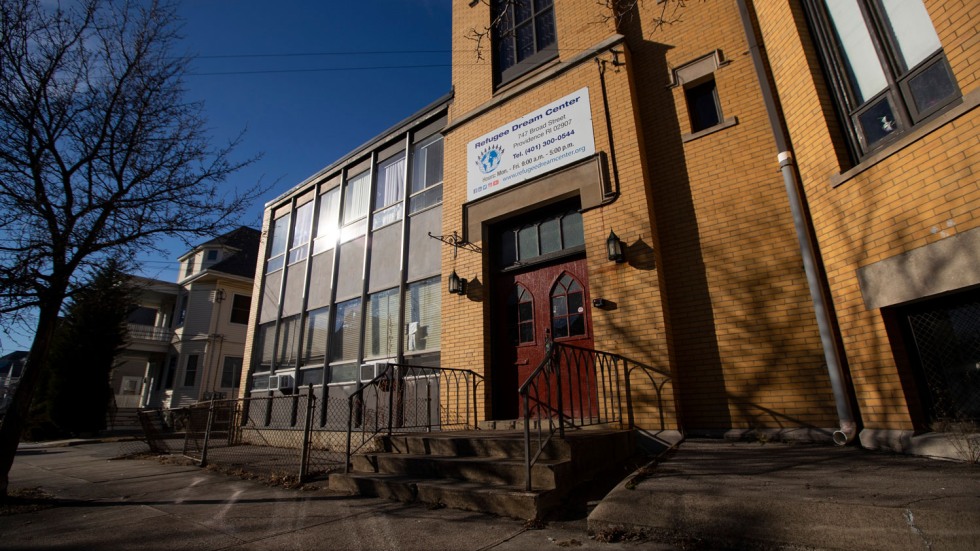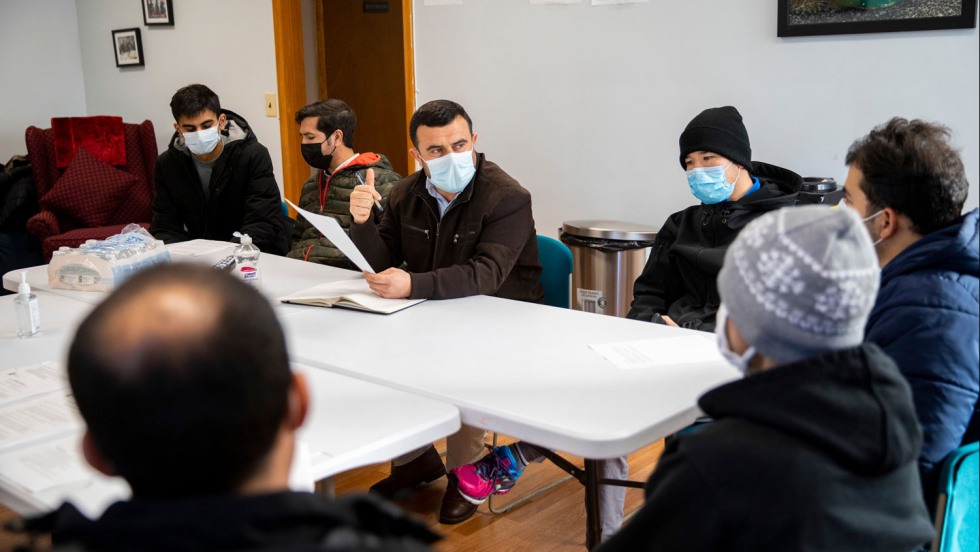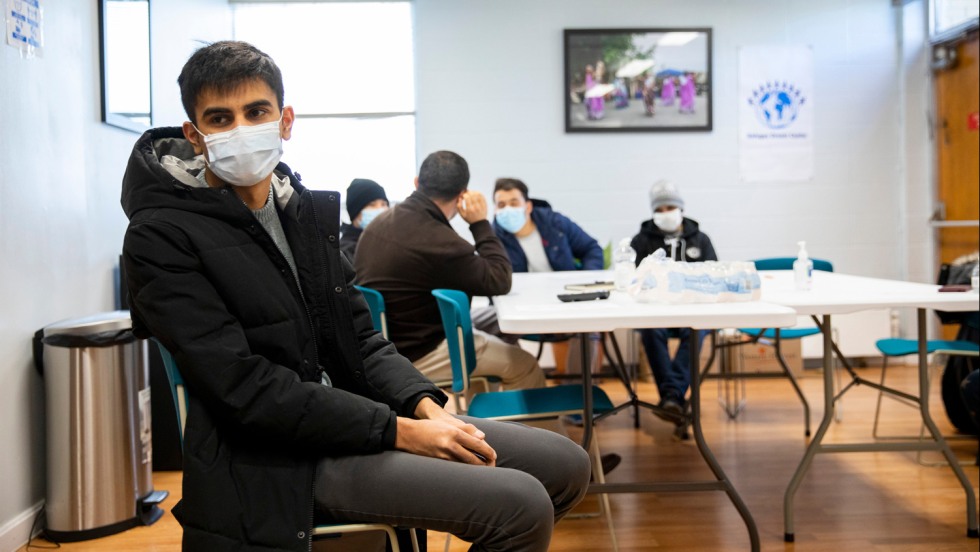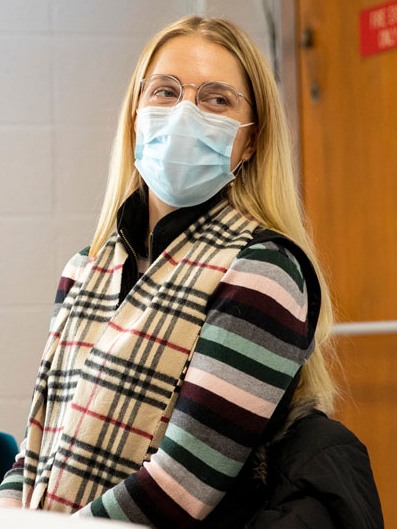PROVIDENCE, R.I. [Brown University] — On a chilly winter afternoon at the Refugee Dream Center in Upper South Providence, a group of Afghans chatted around a table that was bare, save for a bottle of hand sanitizer. Speaking Dari and donning protective masks amid COVID-19’s Omicron surge, they swapped stories about their work, their families and the weather.
The exchanges might have seemed unremarkable to any casual bystander. Yet the circumstances were far from typical. Many of the new arrivals to Rhode Island had worked in Afghanistan with the United States military as pilots, cooks or translators — until August 2021, when the Taliban assumed control of the country, jeopardizing the safety of anyone with ties to the American government.
Like the 15 Afghan women who came to study at Brown University in Fall 2021, they were forced to flee the country with little but the clothes on their backs, saying goodbye, perhaps forever, to their homes and extended families. Now, they are refugees in a state where the people, cultures and climate are largely unfamiliar.
How do the refugees feel about the major life shifts they’ve experienced? How are they coping with the trauma of their hasty exit from home? What resources do they need to thrive in Providence? And what can nonprofits and researchers learn from examining one of the world’s largest humanitarian evacuations? These are among the questions at the center of a research collaboration between Brown scholars and the Refugee Dream Center, a Providence nonprofit that targets and fills gaps for refugees who no longer receive federal financial assistance.
With assistance from two Brown students, Alexandria Nylen — the civil-military program coordinator at Brown’s Center for Human Rights and Humanitarian Studies — is conducting a months-long series of interviews with several Afghans at the Refugee Dream Center.



